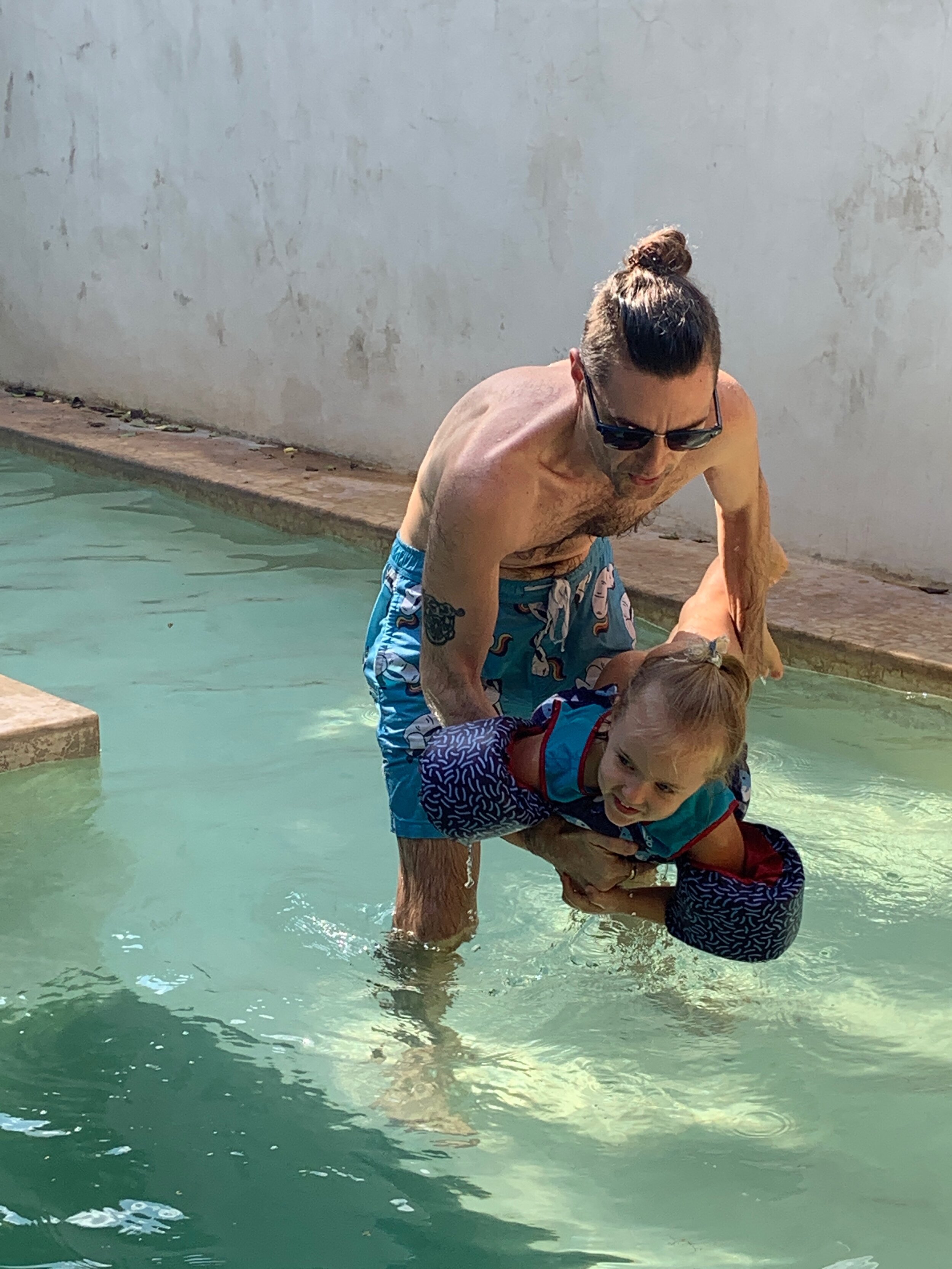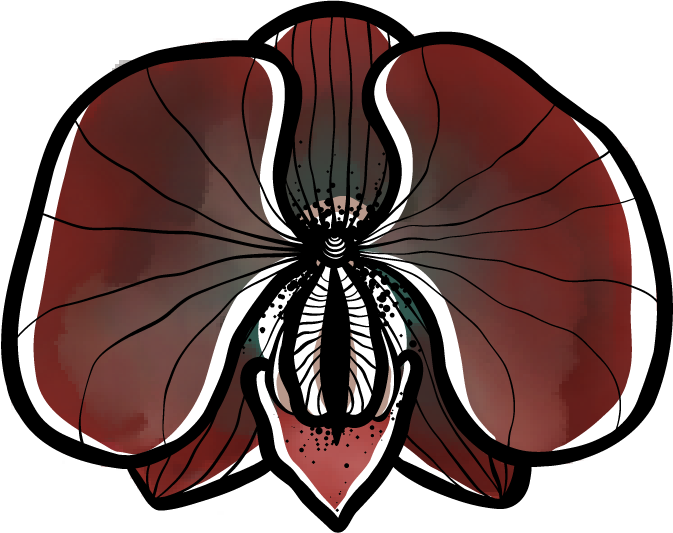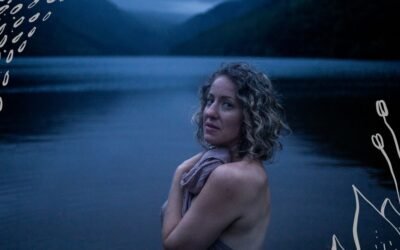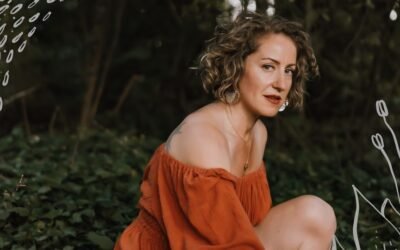If you prefer to listen to me reading this piece, just click the audio below.
I have decided I will teach my daughter to swim this spring. This is a good decision, not only because the thermostat has registered at or above 100 F every day here in Mexico, not only because we are blessed enough to have a pool during quarantine, but also because it might save both of our lives.
This is not our maiden voyage with swimming lessons. The first time was on Kaua’i where a worried-looking Ukrainian woman who described herself as a photographer/yoga teacher/swimming teacher/musician led a group of kids and mamas to explore a calm part of the ocean on a cold morning.
The second time was in Mexico, where we went to a swimming school for about six weeks. Moving to a city near the ocean, where many houses have pools, I was urged by several people to take her to a swimming school. From my view in the air-conditioned sala de padres, I watched the instructor guide the students with all the compassion of a drill sergeant. He shouted as the kids ran to see their parents. He dunked my then three-year-old under the water with no warning. He sucked all the fun out of the experience and left only a dried rind for my daughter to work with. The last time we went, my daughter stood at the edge of the pool in tears, holding onto my leg like a cat looking into a bath.
Family Swim

We’ve done quite a bit of swimming during our quarantine. She in her floaty and me in my blue bikini, keeping cool in the intense heat and making up all sorts of variations on aquatic hide-and-seek. I didn’t consider it to be training until one day when I asked her if she was ready to swim without her floaty (with my help, of course) and she surprised me by saying she was. Standing on the shallow edge, she jumped into my arms. I held her by her belly as she practiced a doggy paddle back to the shallows.
In a flash as I was guiding her slippery little belly back to the safety zone, I realized that I could do this. I could teach my daughter to swim.
This kind of realization, while quite profound to me, would be something that any of my ancestors would laugh at. Yes, of course you can teach your daughter to swim, they said. Who else would do it? But I was raised in a world that give greater rewards for work as it becomes less real, so it had never occurred to me that things like this could be done at home, have always been done at home.
Homeschool
My daughter started Montessori preschool this past fall. She adores being surrounded with little humans her own age with similar interests (blocks, etc.). Watching her go through her first formal year was like watching a romantic comedy where a wild, untamed girl who refused to eat with utensils is trained to become an upstanding citizen who can stab a carrot with a fork’s tiny prongs.
But she also brought home other things. References to movies that we don’t watch in our house (“Spiderman killed him”). Foods that are different from what we serve (“Mama, my friend gave me pink marshmallows!”). And while I loved finding the rhythm of the me who isn’t called “Mama” during the hours between drop-off and pick-up, I missed being her only gate to the complexities of life and its infinite choices.
Be careful what you wish for, I remind myself as she is now with us 24 hours a day.
This promotion to homeschool teacher came suddenly (with no extra perks or salary increases, just lots of on-the-job training). There is no way to do this gracefully, so outside of the two 20-minute online classes her school offers, I have given up on formal education right now. Instead, we count to 20 in hide-and-seek. We learn colors and shapes by doing puzzles. We practice our letters through daily online storytime with her grandmothers. And, of course, physical education is covered in our swims.
Even with these lenient policies, more than one time (and closer to a dozen), I have almost passed out amidst the doll clothes and tiny furniture strewn on her floor. I peel my eyelids open at the invitation to another game. Surely my women ancestors were as exhausted, but I suspect their relative ability to make this kind of thing work might have been in their acceptance that parents are our children’s primary teachers.
The Myth of Easy Parenting
Parenting never has been easy, but we have set up our lives to believe it otherwise. As if the newest technology that makes dishwashers silent and sleekly hidden amongst our cabinets also applies to these running, jumping, thinking, playing little us-es.
There is no hack to parenting. In fact, we are overcomplicating our experiences by believing it should be easier. Life consistently calls parents to act, so we must find a way to make do with whatever amount of sleep we got and find our role in the make-believe.
In this return to being my daughter’s everything, I have realized that our home is not her school. I do not know how to do the magic her teachers do — the way they carefully layer simple lessons to invite her into our shared symbolism. I will send her back when the doors open again, but I won’t stop teaching her. I will become more specialized in my role as the creatrix of safe spaces in which to learn, fail, and succeed.
My swimming lessons are not geared toward her becoming an Olympic athlete. I have no goals beyond giving her a deep respect for and joy of water. If she was once afraid of blowing bubbles in the water and now does so with a glimmer of curiosity, I’m doing the right thing. I feel the same way about her academic experience. I will give her the opportunities to explore her intellectual potential, but if one day she decides that college education won’t get her where she wants to go, I can swallow that as long as she knows that she should have a direction.
Building the Village
I choose to school my daughter outside of my home because I want a village. Yet I stand at the center of this village, her hand in mine. I grew her from my tissues and nursed her until she was plump, so I am best equipped to guide her through the murky waters of self-doubt as she stands at the edge of the deep end. And there is no one better than me to help her learn humility in the face of success because that is what she is teaching me.
It is critical that she has a community of people whom I have selected to share their — often quite different — viewpoints. But there is no one who can carry my daughter through her personal rocky terrain as well as I can. And, instead of seeing her education as a transactional experience where I get free time in exchange for her learning numbers and letters, I am embracing the role as her first, and most important, teacher.
This is not an easy time to learn this lesson — we are being whipped around by parental expectations set by a world that will no longer exist when we finally go outside again. My work that pays for her education has gotten busier since she’s been home. I suspect your work has either intensified, or the anxiety of it going away has. Still, there has never been a better time to reconsider what we want our legacies to be.
None of us are equipped to be everything for our children. We should not fool ourselves into thinking that our models of living are the only ones they need. But this forced togetherness gives us parents no other option but to find out how we can do the best we can for our children. This is our kindergarten. This is us relearning to use our imaginations. Let’s slap some paste on popsicle sticks and make something that we are quite proud to hang on the refrigerator. It is uneven and sticky and we’ve probably left a huge mess behind, but what a beautiful thing it is to create something for another to experience.
If you need me, I’ll be in the pool.




